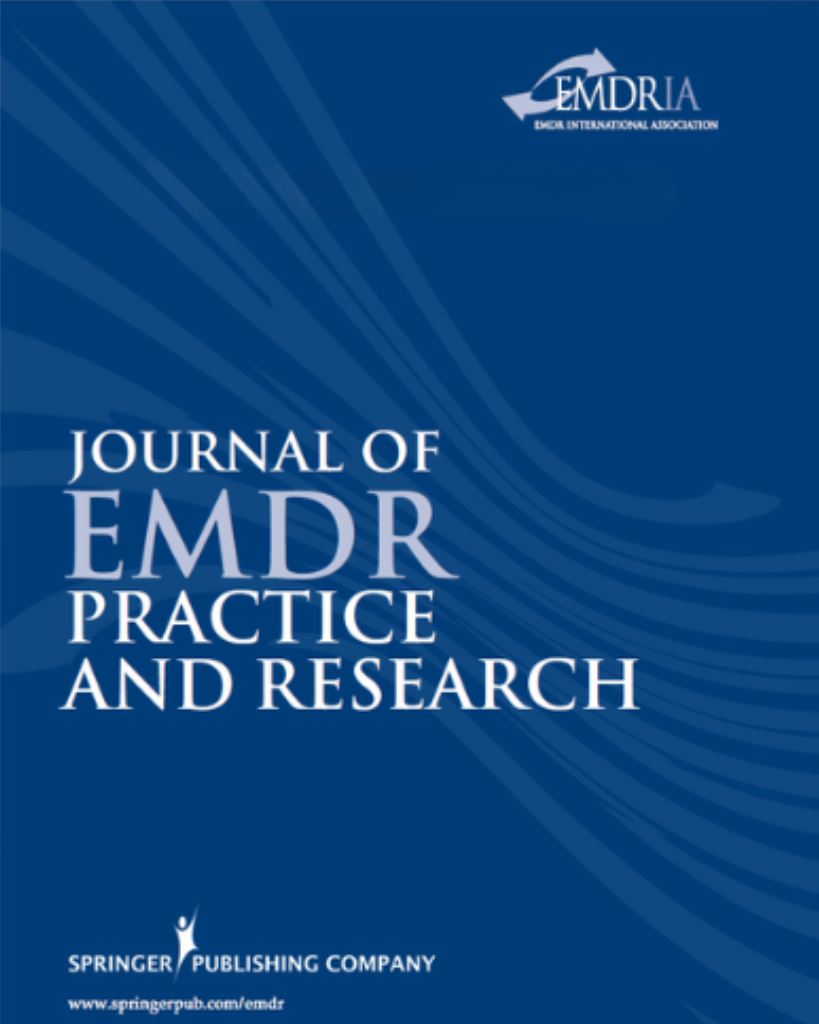EMDR, Adaptive Information Processing, and Case Conceptualization
In this article by Francine Shapiro, Ph.D., a case example illustrates the EMDR the AIP model and case conceptualization within eight phases of treatment.
Article Abstract
“EMDR is an integrative, client-centered psychotherapy approach that emphasizes the brain’s information processing system and memories of disturbing experiences as the bases of those pathologies not caused by organic deficit or insult. EMDR addresses the experiences that contribute to clinical conditions and those needed to bring the client to a robust state of psychological health. Overviews of the history, development, and research that have established EMDR as an empirically supported treatment are provided.
Subsequent to an explanation of the adaptive information processing model, an extended case example is used to illustrate the recommended EMDR case conceptualization and eight phases of treatment. This approach is used to process the early memories that set the foundation for the pathology and the present situations that trigger the dysfunction, while providing templates for appropriate future action that incorporate the information and behaviors needed to overcome skill and/or developmental deficits. The benefits of integrating EMDR and family systems perspectives to provide the most comprehensive therapeutic effects are described.”
—Description from publisher
Article Access
Open Access
Shapiro, F. (2007). EMDR, Adaptive Information Processing, and Case Conceptualization. Journal of EMDR Practice and Research, 1(2): 68-87. https://doi.org/10.1891/1933-3196.1.2.68
About the Author
Francine Shapiro, Ph.D. (1948–2019) was the founder of eye movement desensitization and reprocessing (EMDR) therapy. A licensed psychologist and Senior Research Fellow at the Mental Research Institute (CA), she founded the EMDR Institute and encouraged the development of the EMDR International Association (EMDRIA). Dr. Shapiro authored many books and articles including Eye Movement Desensitization and Reprocessing Therapy: Basic Principles, Protocols, and Procedures in its 3rd edition in 2018, and Getting past your past: Take control of your life with self-help techniques from EMDR therapy (2012). She was a frequent presenter and teacher and won numerous awards including the California Psychological Association’s Distinguished Scientific Achievement in Psychology Award in 1993 and the International Sigmund Freud Award for Psychotherapy in 2002.
About the Journal
The Journal of EMDR Practice and Research is a peer-reviewed publication devoted to integrative, state-of-the-art papers about Eye Movement Desensitization and Reprocessing. It is a broadly conceived interdisciplinary journal that stimulates and communicates research and theory about EMDR, and their application to clinical practice. The Journal of EMDR Practice and Research is the Official Publication of the EMDR International Association.
Date
October 1, 2007
Creator(s)
Francine Shapiro
Practice & Methods
8 Phases, AIP, Case Conceptualization, Parts Work
Extent
20 pages
Publisher
Springer Publishing Company
Rights
Copyright © 2007 EMDR International Association
APA Citation
Shapiro, F. (2007). EMDR, Adaptive Information Processing, and Case Conceptualization. Journal of EMDR Practice and Research, 1(2): 68-87. https://doi.org/10.1891/1933-3196.1.2.68
Series
1
Installment
2
Audience
EMDR Therapists
Language
English
Content Type
Peer-Reviewed
Original Source
Journal of EMDR Practice and Research
Access Type
Open Access





